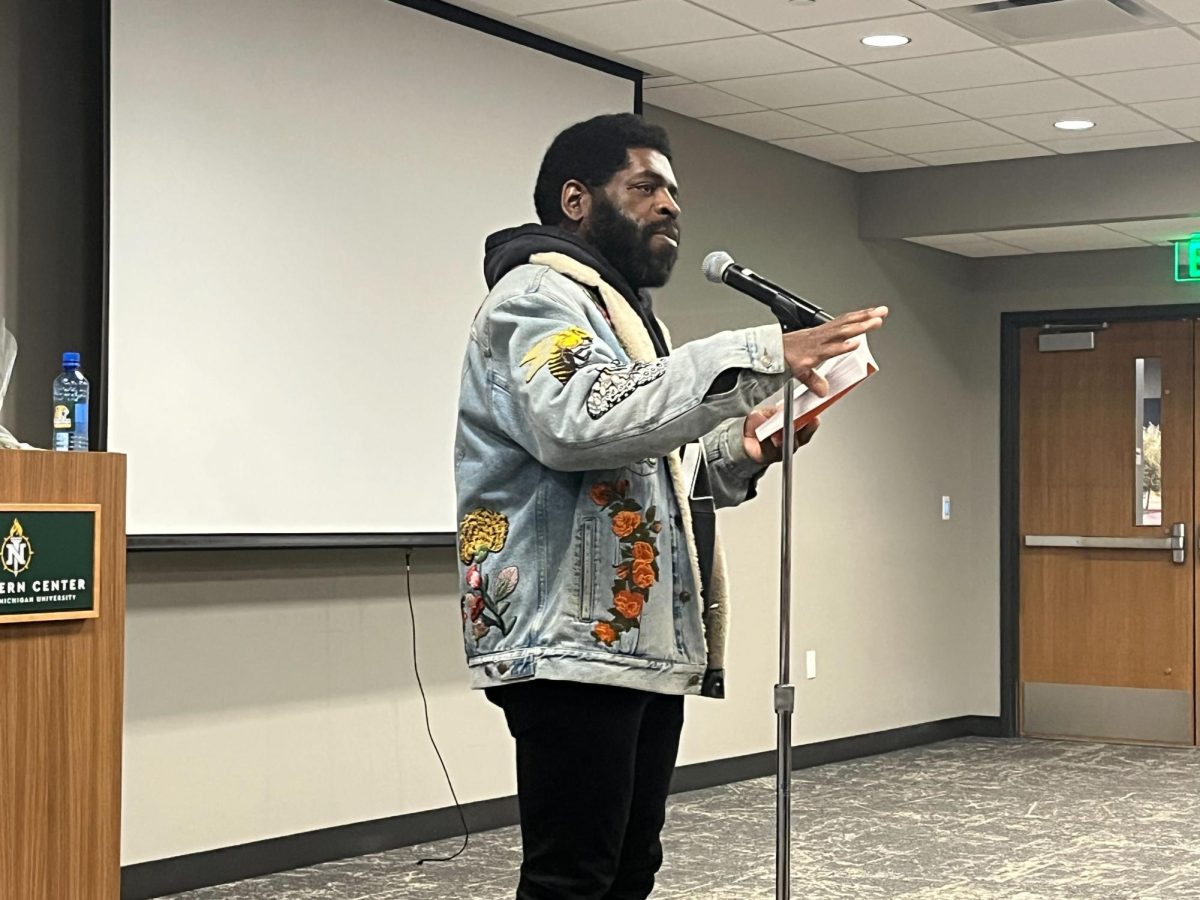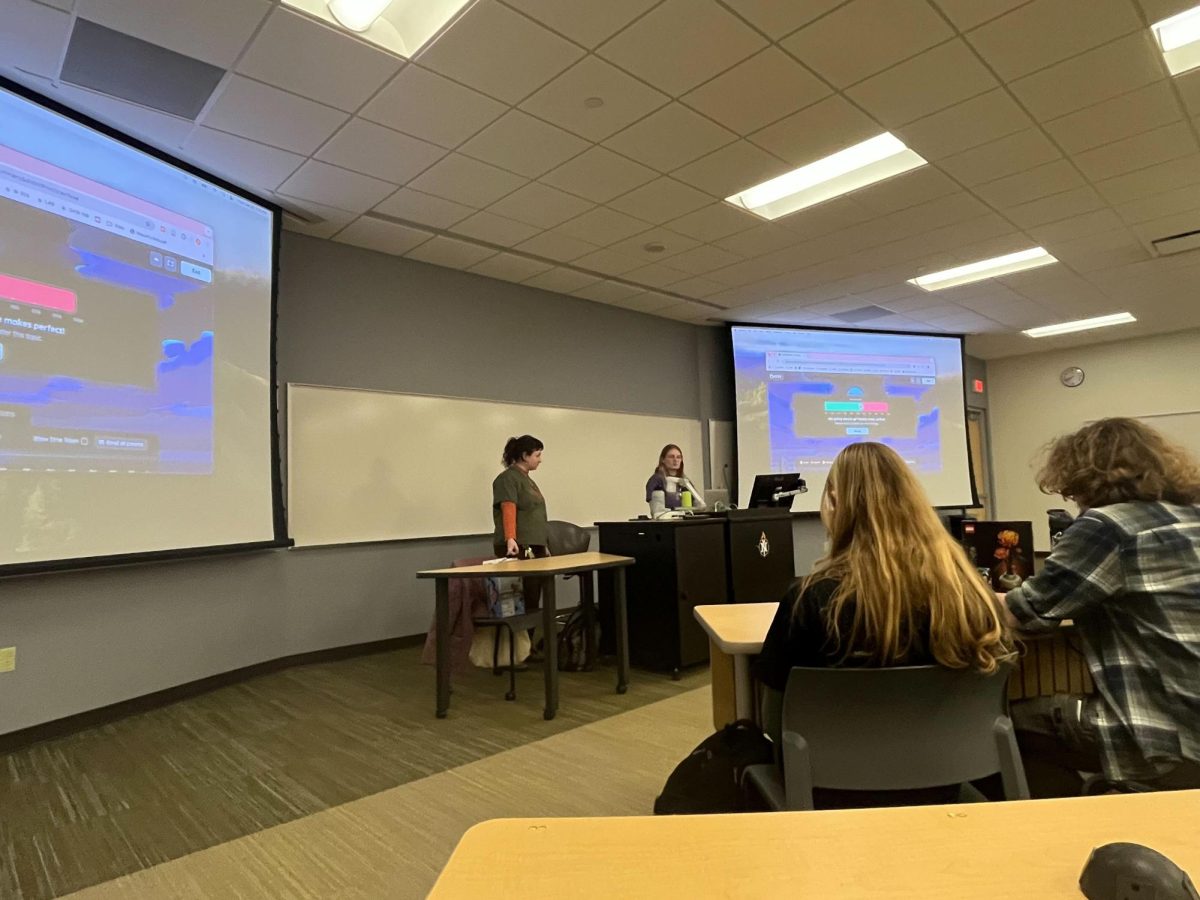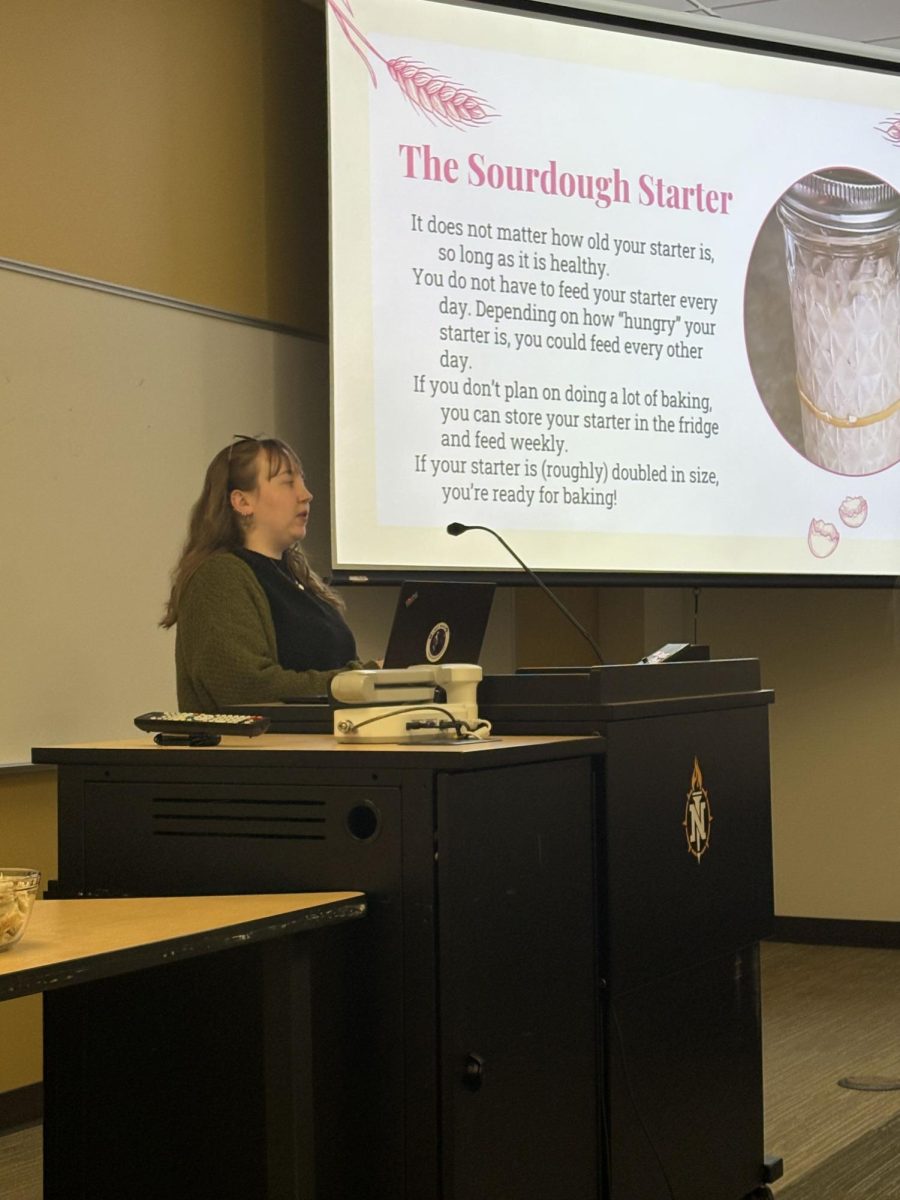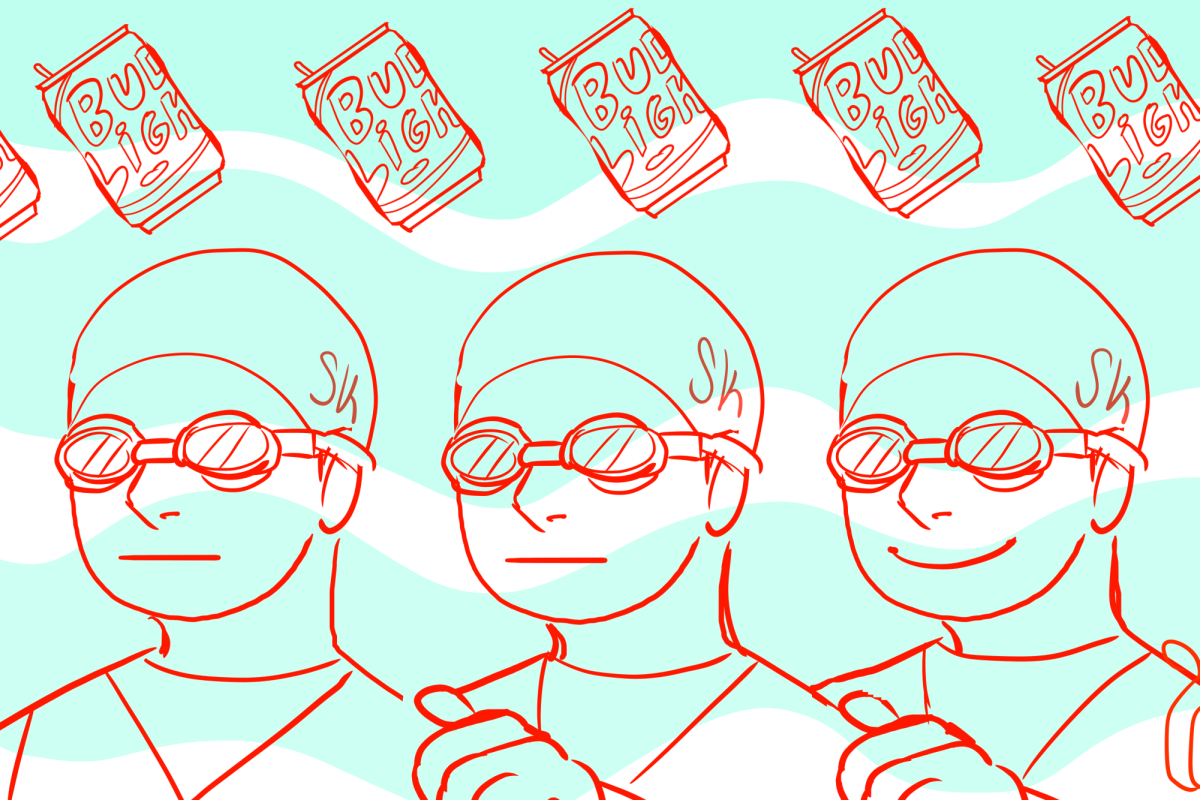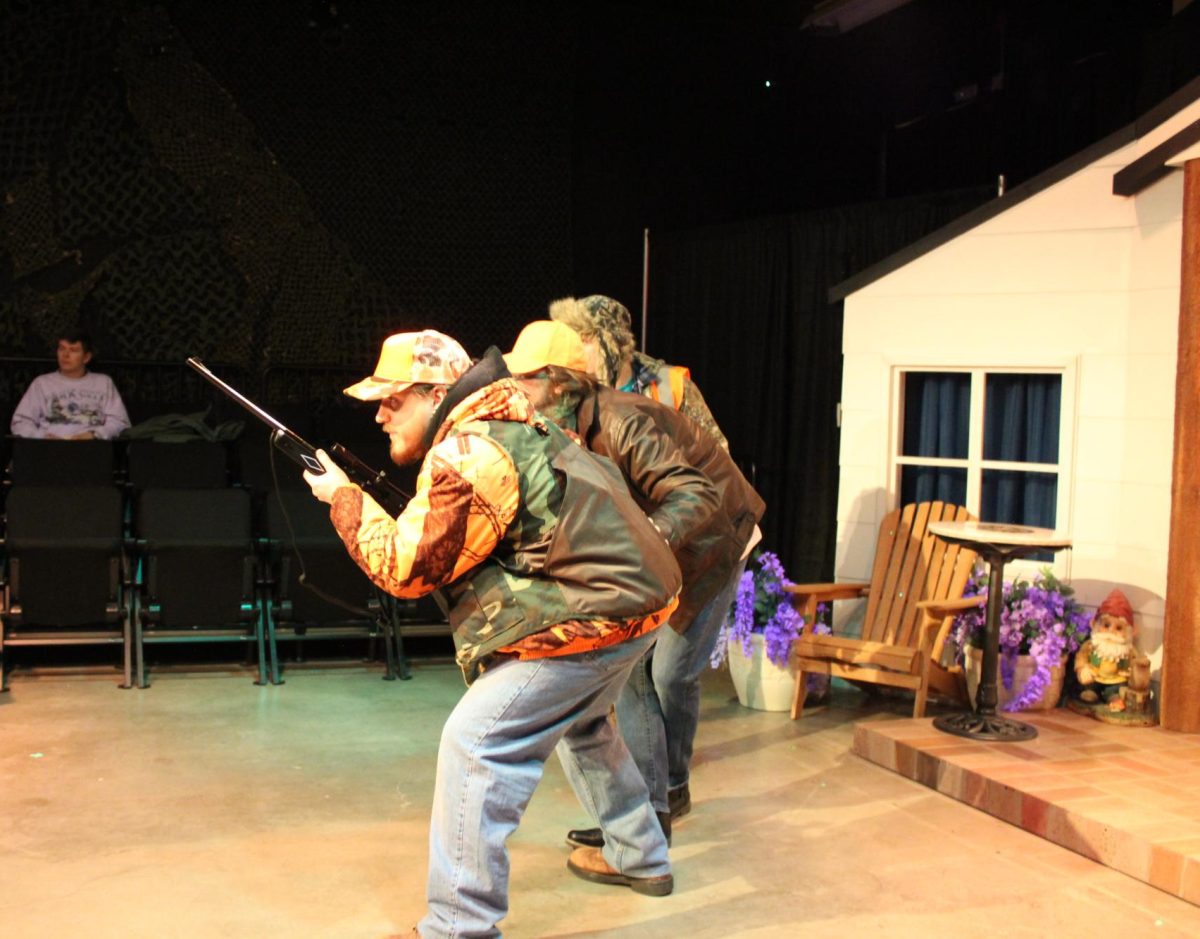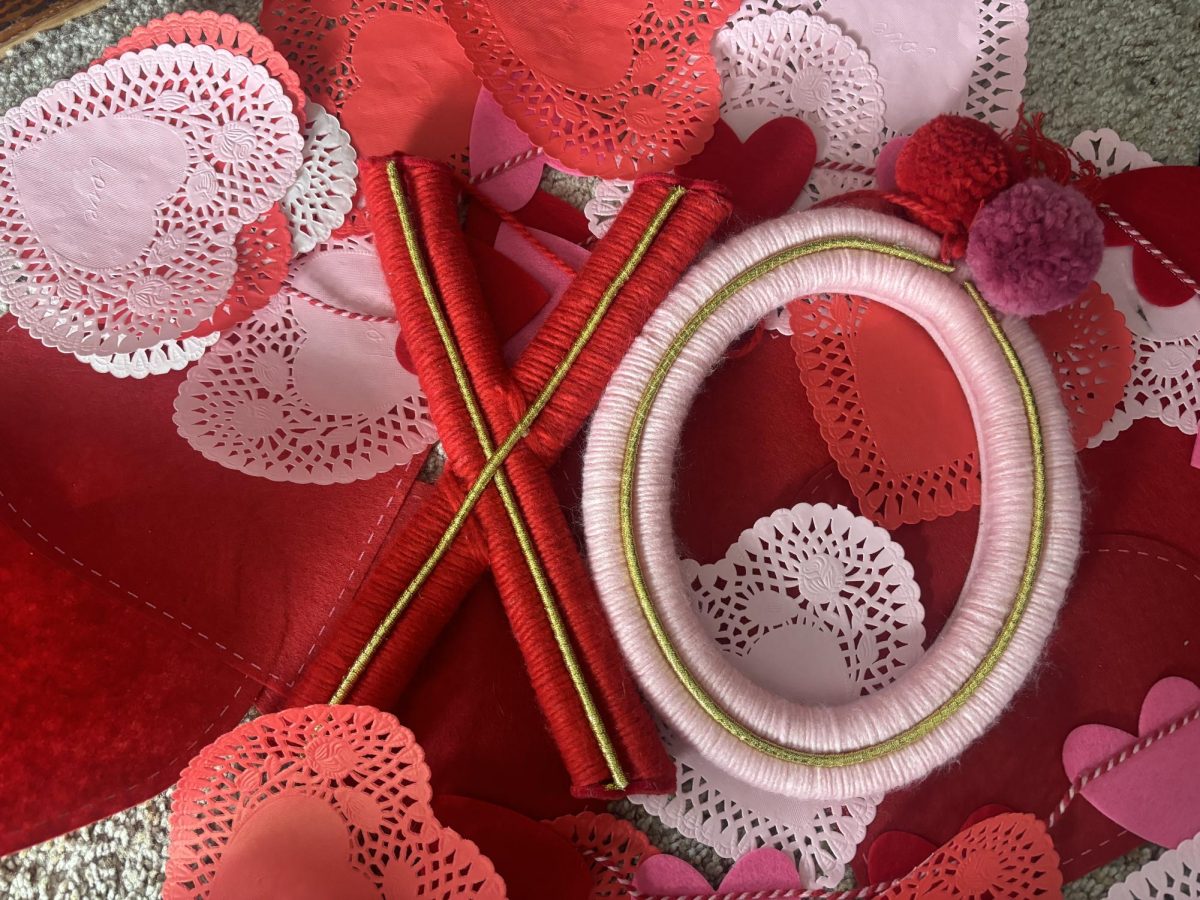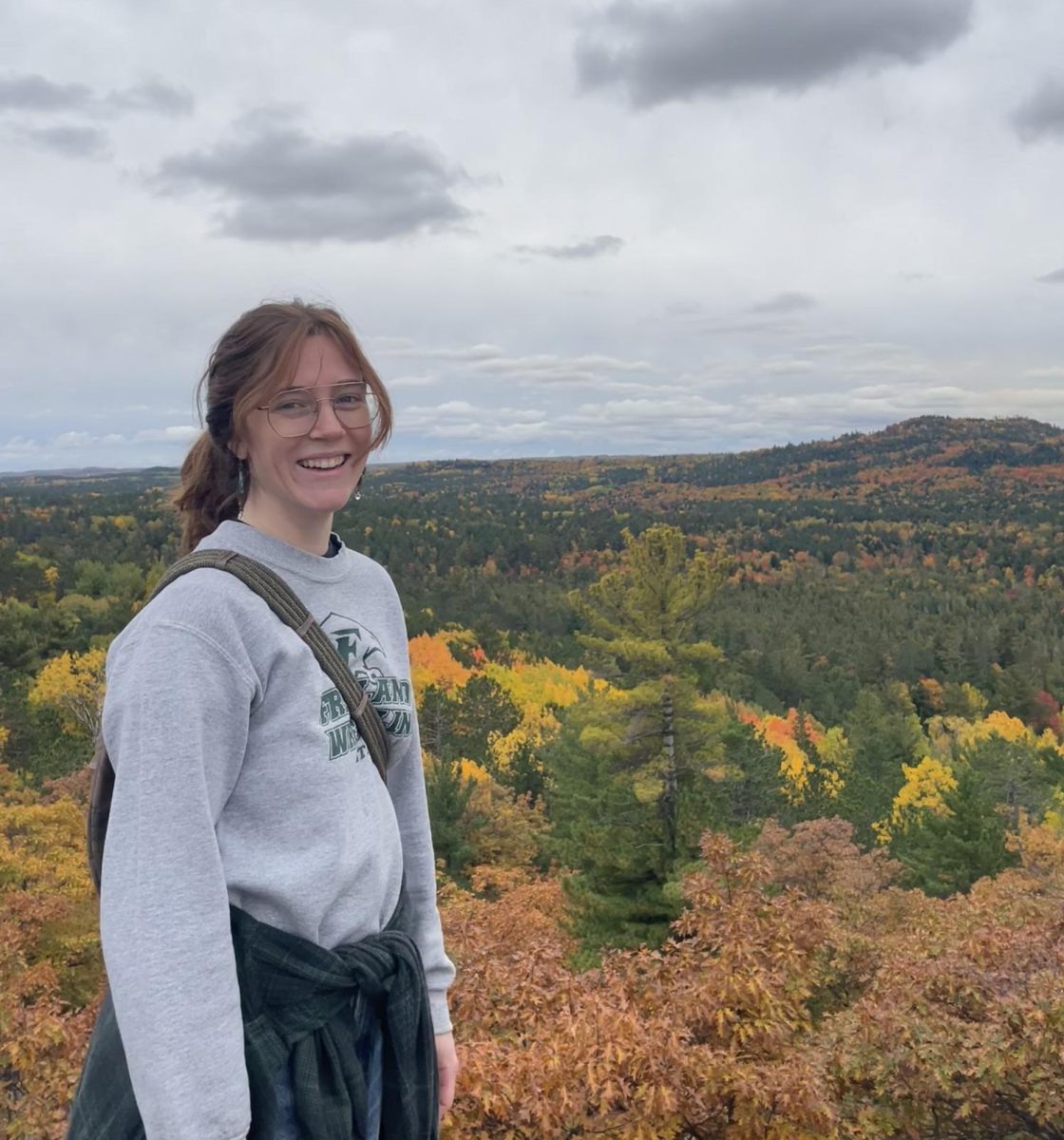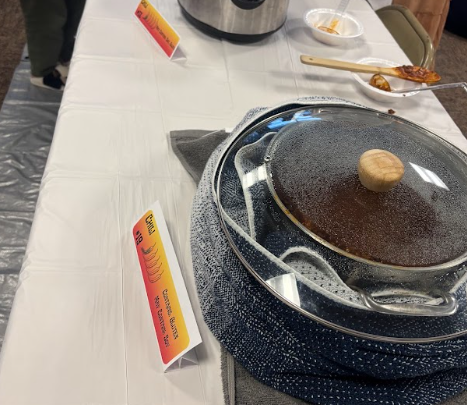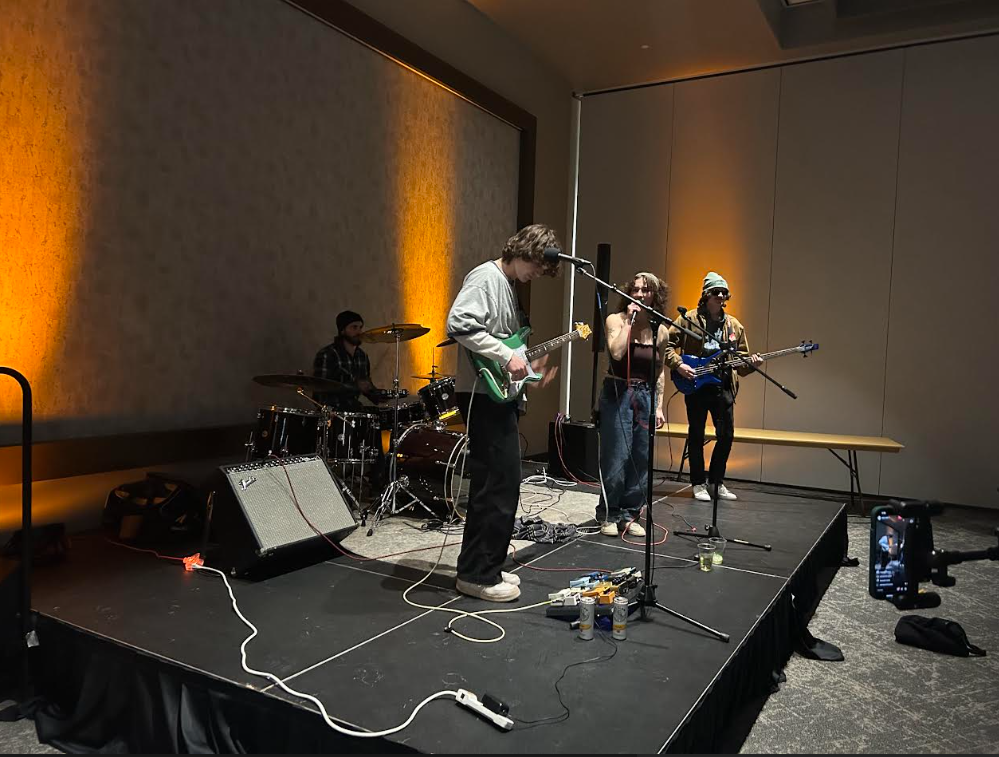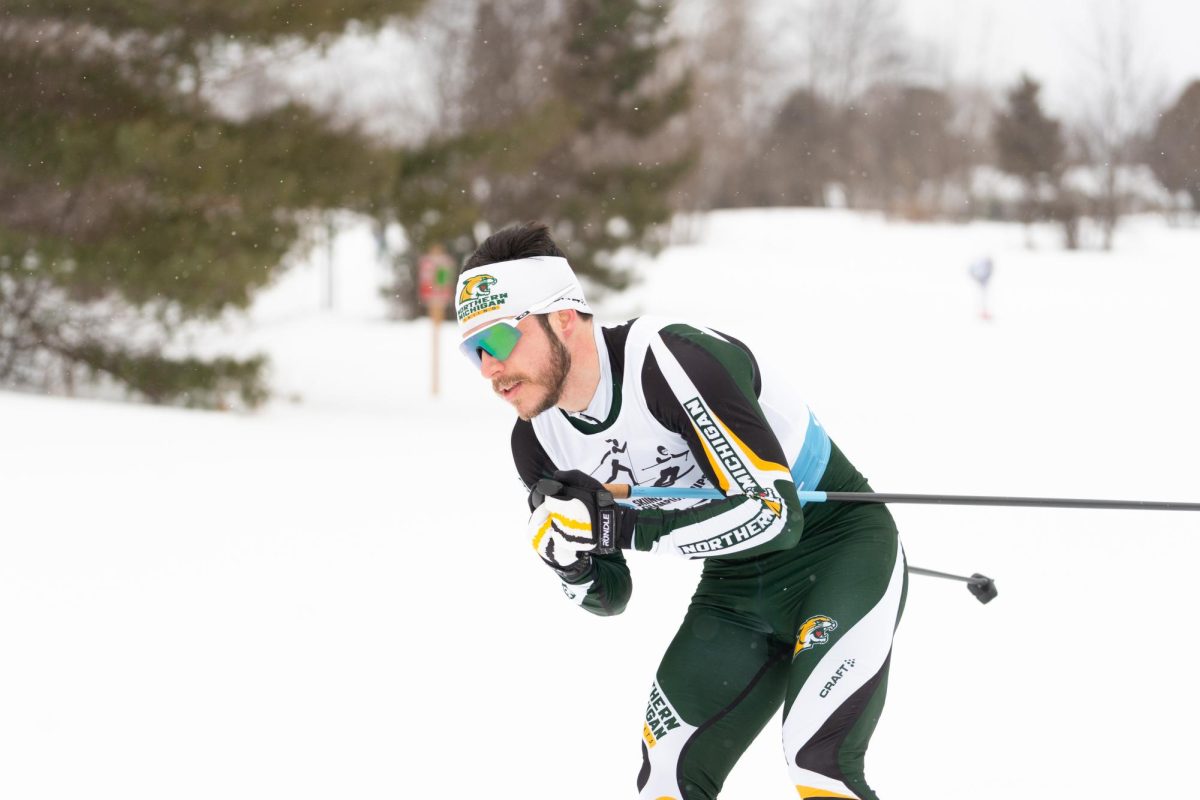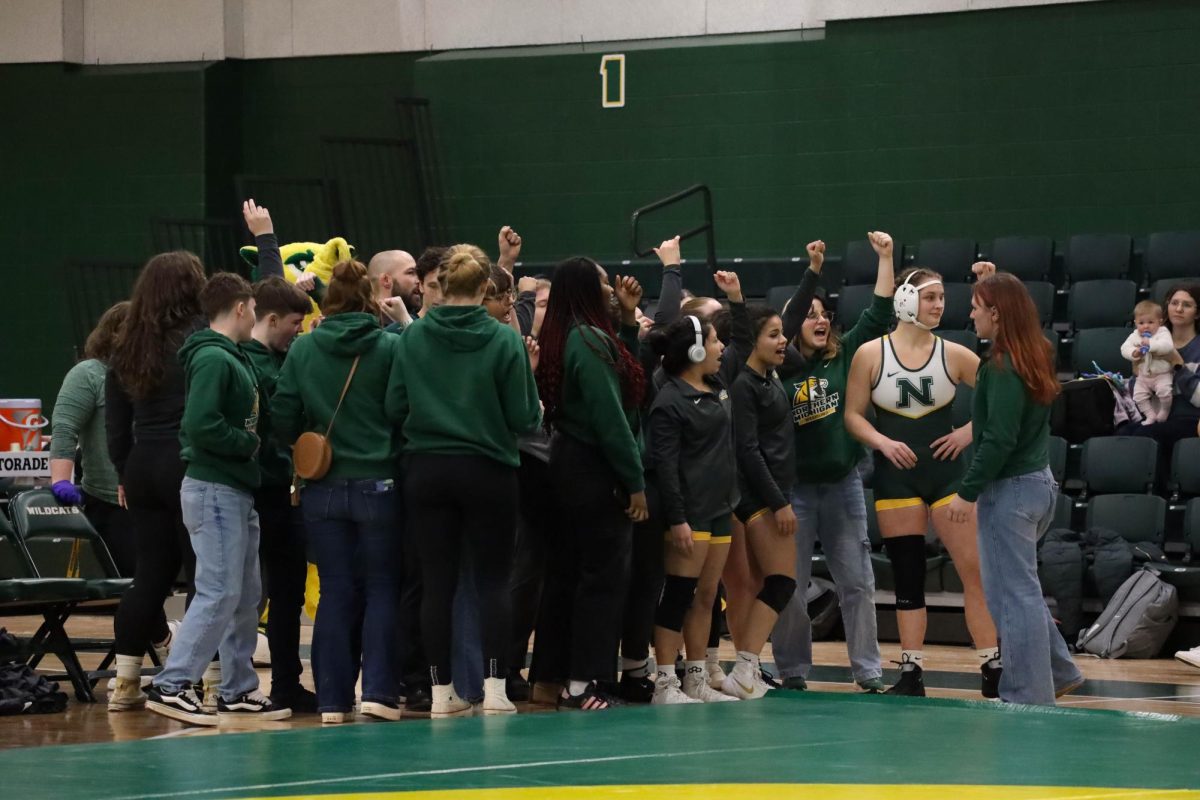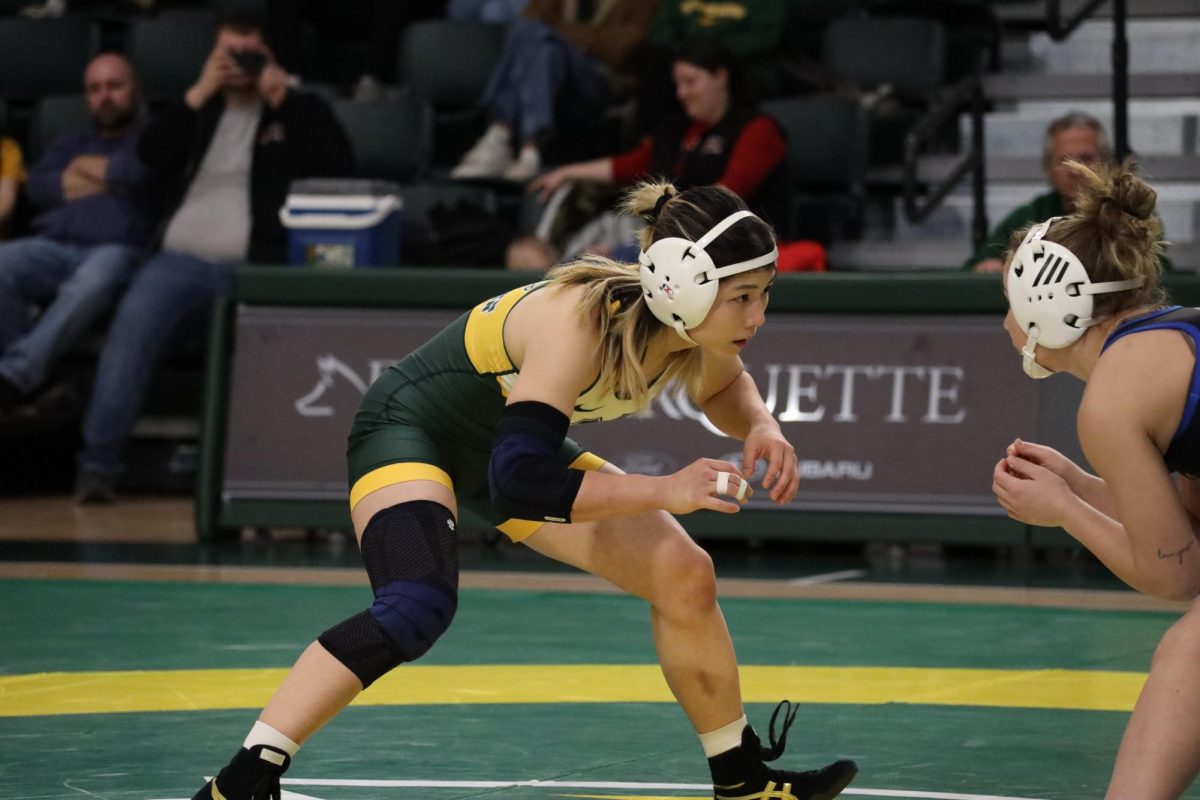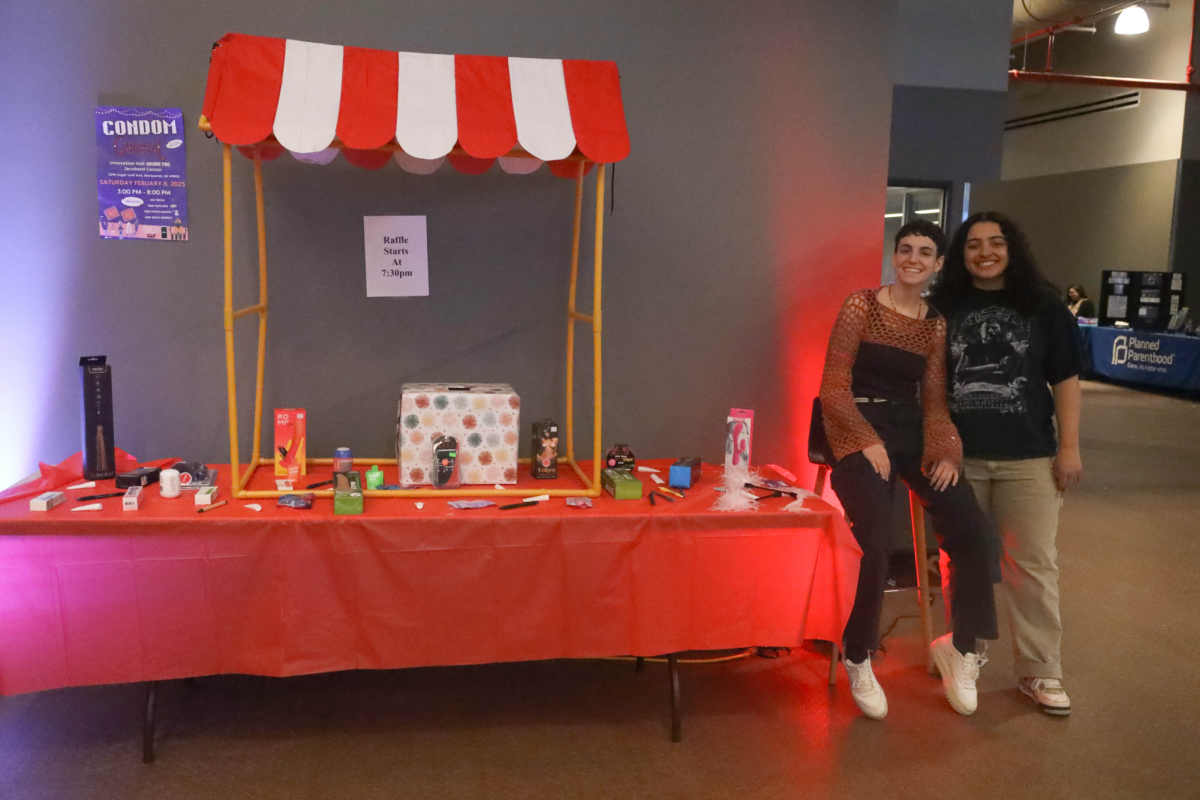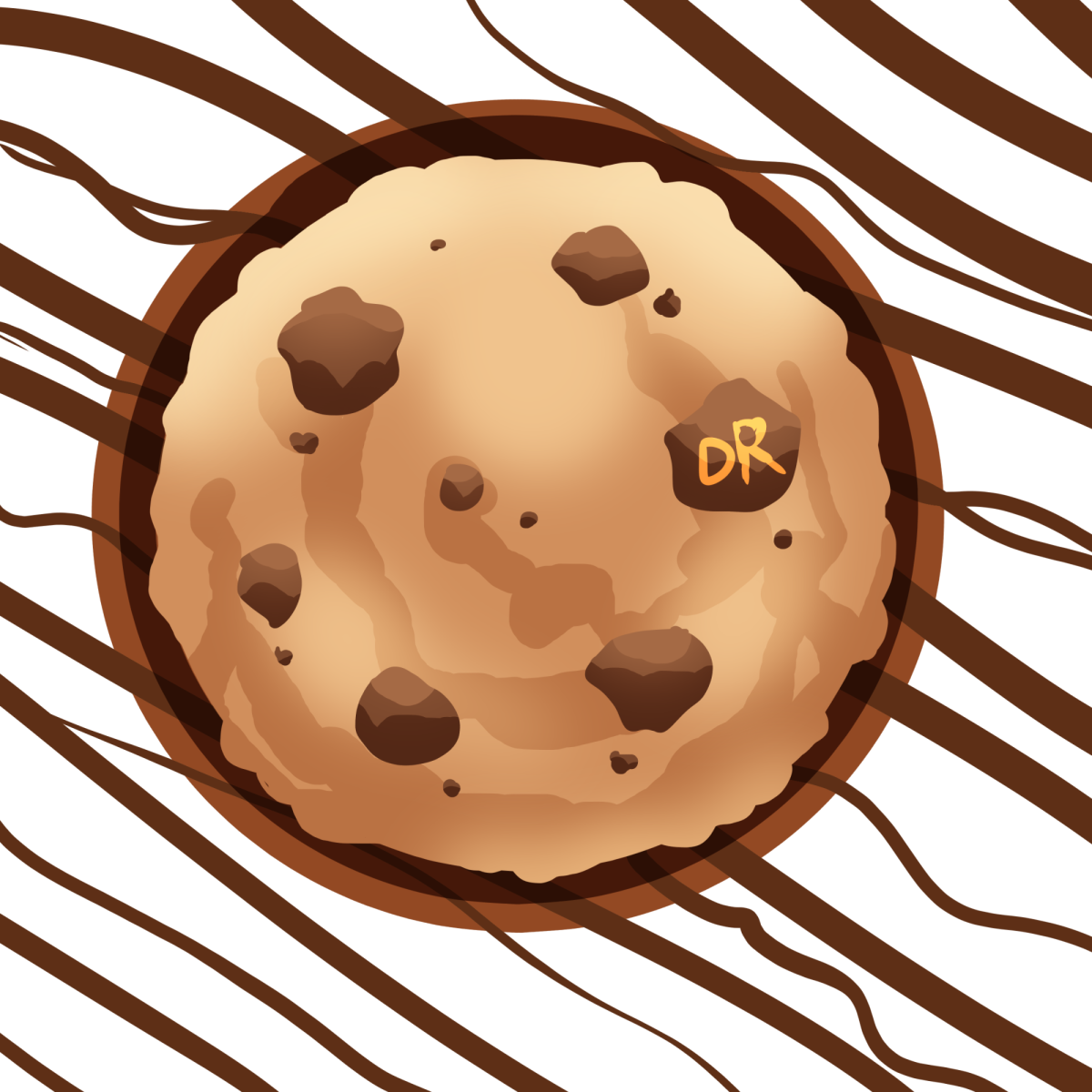NMU student Jessica Metropulos has battled the blues every winter since she was in her late teens. Her depression typically begins in November and ends around March. Metropulos has Seasonal Affective Disorder (SAD), a depression caused by lack of sunlight during the winter months.
“It’s almost like clock-work,” Metropulos said. “January is the worst month, though.”
Metropulos is like many Americans with SAD. According to the American Academy of Family Physicians, 4 to 6 percent of people in the U.S. suffer from SAD. This type of depression is more common in the northern states of the U.S. due to the longer winter season. The lack of natural light from the sun creates a hibernation-like reaction, resulting in a lack of energy.
Many people don’t think SAD is real, said Marie Aho, department head of Counseling and Consultation Services at NMU.
“It needs to be taken seriously. For some people, it’s very mild, and for some, it’s as severe as any other serious depression,” Aho said.
According to Aho, there are several things students can help combat their depression. These things include light therapy, vitamin therapy, pampering the body, a regular sleep schedule and exercise.
“These all help us feel in control of ourselves, as do attending classes and doing our work. This helps improve mood and self esteem,” Aho said.
• Light therapy
Because SAD is a result of the lack of sunlight, light therapy is one of the most effective ways to help with the depression, Aho said. Commercial therapy lamps that mimic sunlight provide students with the same effect as the sun. The counseling center, located in Hedgcock, has a room with a desk and a therapy lamp that students can use by signing up for a designated time slot. Many students use the room to do homework, study or just sit and read, Aho said.
“Students should come in before noon, otherwise the light therapy can interfere with their sleep schedule,” Aho said.
Lamps like the one in the counseling center are sold at many retail stores. The amount of time a student should spend under the lamp depends on the brightness of the lamp, Aho said. Students who have lamps with 10,000 lumens should sit under the light for an hour.
• Vitamin therapy
During the winter months, a lack of sunlight can cause a vitamin D deficiency. Students should make an appointment at the Vielmetti Health Center to get their Vitamin D levels checked, Aho said. Vitamin supplements can correct the deficiency.
• Spend time outside
Spending time in natural light can be a big help. Even when it’s cold, dressing warm and spending at least an hour every day outside is recommended. Fresh air is also beneficial.
• Pamper yourself
Eat healthy and drink plenty of fluids to provide energy and promote a healthy lifestyle. Eating regularly is also important. Pampering the body with massages, lotion, saunas and hugs can also help.
• Regular sleep schedule
Going to bed and rising on a regular schedule is important, Aho said. Try to be in bed at the same time every night and wake up at the same time every morning.
• Exercise
Staying active can help to fight stressors that inhibit self-esteem. The stress load of being a student can sometimes cause a sense of failure, which makes the depression worse. Exercise can instill a sense of accomplishment. Exercise also has a calming effect. A daily 20 minute walk, yoga or dance can help, Aho said.
Metropulos visits the counseling center regularly to utilize the light therapy lamp on a regular basis. As a freshman, this resource was new to her, and has been a great help this winter, Metropulos said.
“It’s an absolutely massive help. Words cannot describe,” Metropulos said. “I went 20 minutes before work and the people at work couldn’t recognize me. I was in such a good mood.”
If a student finds that these aren’t helping, a visit to the counseling center may be necessary to further help the depression, Aho said.

